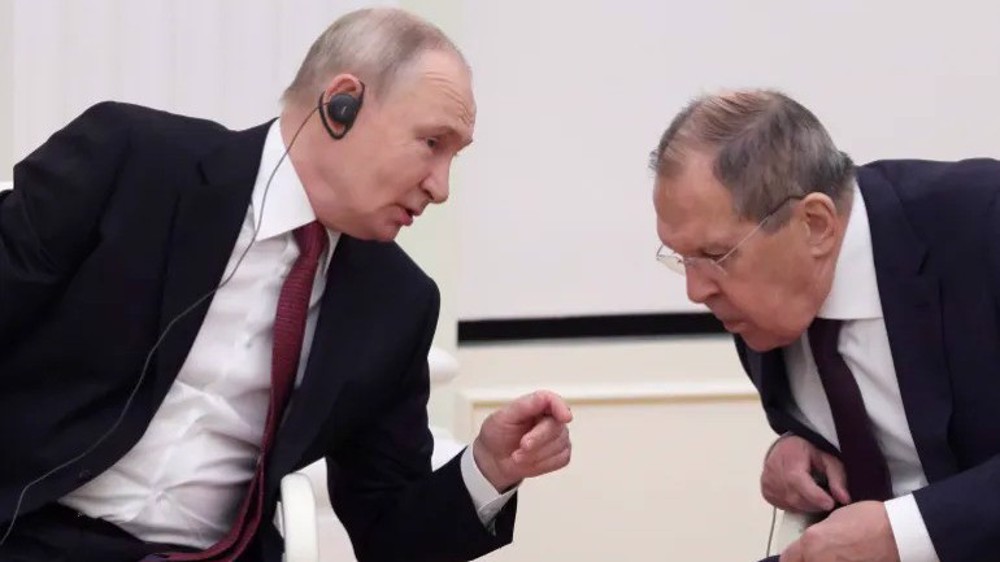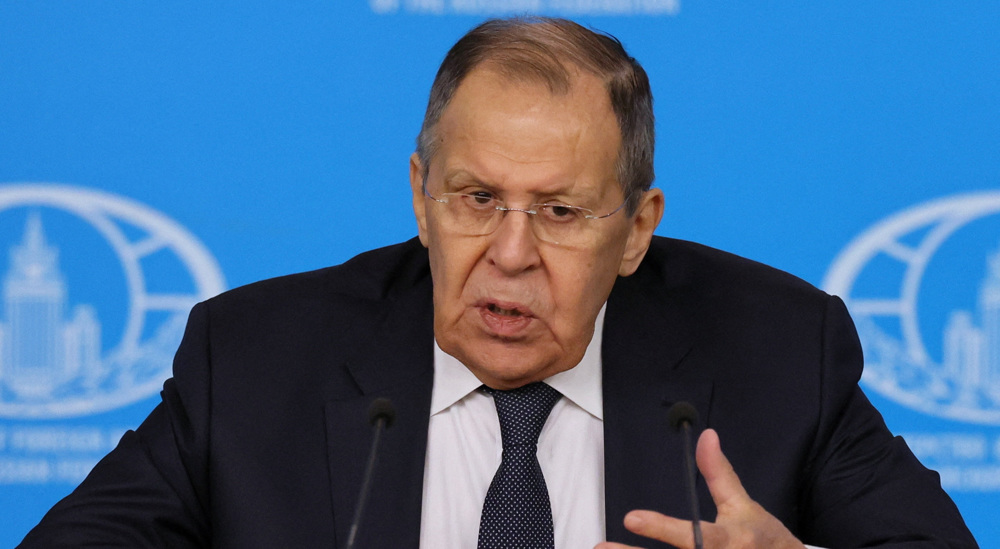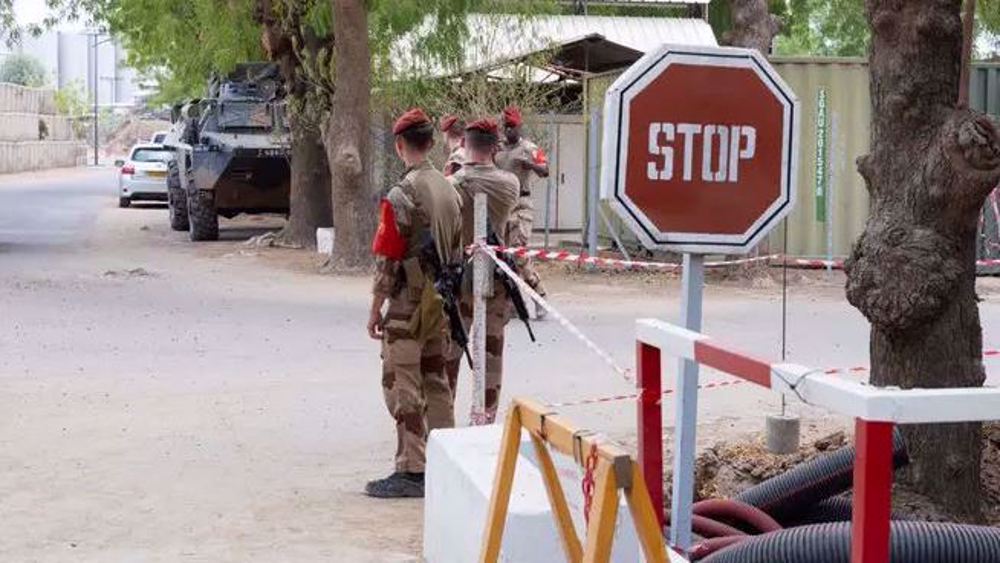Putin warns Israel on possible lethal arms delivery to Kiev
Russian President Vladimir Putin has warned Israel against a possible supply of lethal weapons to the Ukrainian government, following Moscow’s decision to deliver S-300 surface-to-air missile system to Iran.
He issued the warning in an interview aired on Rossiya 1 TV on Saturday, saying that the move by Tel Aviv would be “counterproductive” and “only cause a new round of hostility.”
“The death toll would rise, but the result would not change,” Russia Today quoted the Russian leader as saying.
The remarks came after some Israeli politicians suggested that the regime might send lethal weapons to Ukraine in retaliation for Russia’s planned supply of S-300 missile system to Iran.
“It’s a choice for the Israeli leadership to make, they can do what they see necessary,” Putin said.
Ukraine’s mainly Russian-speaking regions in the east have witnessed deadly clashes between pro-Russians and the Ukrainian army since Kiev launched military operations to silence the pro-Moscow forces in mid-April last year. The warring sides inked a ceasefire agreement in the Belarusian capital, Minsk, in February. Since then, both sides have, on numerous occasions, accused each other of breaking the truce.

On April 13, Putin signed a presidential decree paving the way for the long-overdue delivery of the S-300 systems to Iran.
During his annual televised question-and-answer session with the nation at Gostiny Dvor (Merchant Yard) exhibition hall in Moscow on April 16, Putin defended Moscow’s decision on the delivery, saying the S-300 systems are meant for deterrence.
The Russian head of state further defended the decree and said halting the shipment of S-300 systems to Iran about five years ago was a “solely unilateral decision” by Moscow.
“Now that we are seeing real and obviously positive progress over Iran’s nuclear negotiations, we have no reasons to keep this [restriction in place],” Putin said.
Moscow had put a ban on the delivery of the system to Iran in 2010 under the pretext that the agreement it had signed with Iran in 2007 was against the fourth round of the United Nations Security Council sanctions against Iran over its nuclear program. The resolution bars hi-tech weapons sales to the Islamic Republic.

Following Moscow’s refusal to deliver the system, Iran filed a complaint against the Russian arms firm Rosoboronexport with the International Court of Arbitration in Geneva.
Russia’s decision to lift the ban against the Islamic Republic comes after Iran and the P5+1 group of countries – the five permanent members of the UN Security Council plus Germany - reached mutual understanding on Iran’s nuclear program in the Swiss city of Lausanne on April 2. The two sides are now expected to start drafting a final inclusive deal by the end of June.
MR/HJL/SS
European parliament pushes new hostile measures after CIA-Mossad-backed riots in Iran
Behind the riots: Spy games, media spin, discarded monarchists and lessons from history
IRGC deputy chief warns of harsh response to any aggression against Iran
Araghchi appreciates Pakistan’s vote against anti-Iran UNHRC resolution
Discover Iran: Historical, natural, and economic tapestry of idyllic Hormozgan islands
ICE detains 2-year-old girl, sends her to Texas despite court order
VIDEO | Trump claims his 'Board of Peace' might replace the UN
VIDEO | Shadows of Rebellion: How Iran’s protests turned violent










 This makes it easy to access the Press TV website
This makes it easy to access the Press TV website